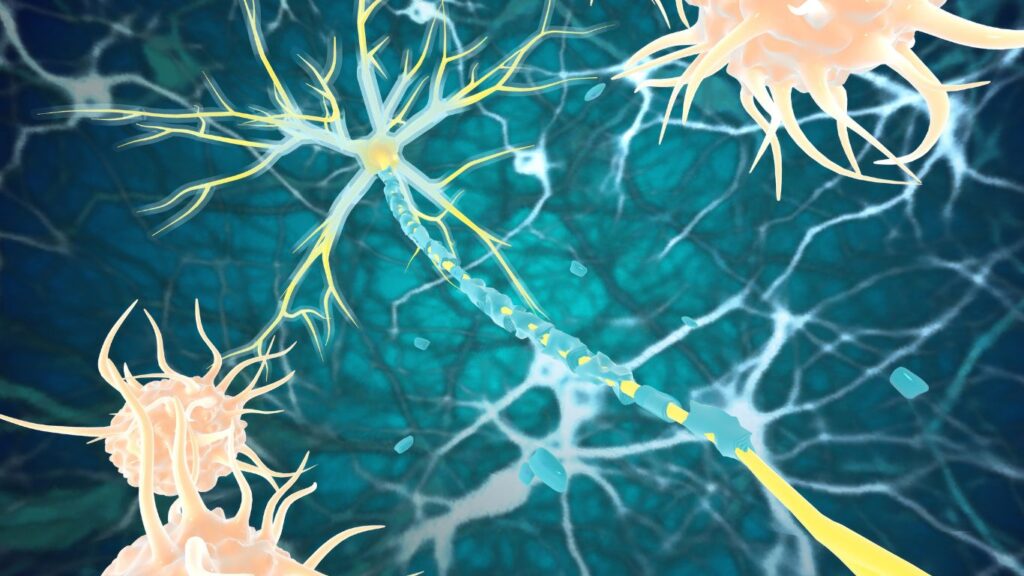
Smoking tobacco is one of the leading causes of preventable deaths in the world. The ill effects of smoking on our system have been researched extensively. It is responsible for many diseases which can be fatal.
Nicotine in tobacco is a highly addictive substance that keeps people hooked on smoking and increases the risk of cardiovascular diseases. Smoking increases the risk of developing a variety of serious health conditions including some of the fatal ones. It also contributes to the ill health of those nearby like family members, friends, and colleagues.
Tar, Benzene, formaldehyde, and some other chemicals in smoke are carcinogenic (cancer-causing) leading to lung cancer and other types of cancer like that of mouth, throat, larynx, stomach, liver, and many others. Smoking impacts almost all the organs in our body. It can also lead to diseases of reproductive organs in men and women like erectile dysfunction, cancer, etc., and is one of the causes of infertility due to reduced sperm count and poor sperm quality.
Smoking is majorly responsible for lung diseases like COPD (chronic obstructive pulmonary disease) and pneumonia due to its impact on the lungs. Smoking can aggravate pre-existing respiratory conditions like asthma, bronchitis, and the common cold. Carbon monoxide is a poisonous gas in smoke that reduces the blood’s ability to carry oxygen, putting strain on the heart and increasing the risk of heart disease and stroke.
Smoking can also impact our body’s immune system in several ways. It can alter the immune system in ways that can persist long after quitting the habit. Cigarette smoke is a toxic mixture containing over 7,000 chemicals, many of which are harmful and pose serious health risks.
Many components in smoke like nicotine, formaldehyde, ammonia, carbon monoxide, etc are immunosuppressive and pro-inflammatory meaning that these can suppress our immune response and promote inflammation in the body. Cigarette smoke can interfere with the body’s immune system, causing it to work less effectively in the body’s fight against infections and diseases and allowing it to progress at a faster rate than it may have in a body with a healthy immune system.

Let us see how smoking impacts the immune system in various ways:
Reduced Immune Response: Smoking impairs both innate and adaptive immune responses. Innate immunity is the body’s first line of defense against pathogens as it gets activated against infections to protect us. Adaptive immunity is a specialized response that involves the production of antibodies and special immune cells upon exposure to specific pathogens. Adaptive immune responses include the production of antibodies. Smoking disrupts the function of immune cells, thereby reducing their ability to identify and destroy pathogens effectively.
Increased Inflammation: Smoking triggers chronic inflammation throughout the body. It lowers the levels of antioxidants (such as vitamin C) in the body which help reduce inflammation. Chronic inflammation is associated with various health conditions, including cardiovascular diseases, respiratory disorders, and autoimmune diseases. Inflammatory processes can impair immune function by disrupting communication between immune cells and tissues, leading to tissue damage and dysfunction.
Altered Immune Cell Function: Smoking affects the function and activity of immune cells. For instance, smoking diminishes the ability of macrophages (which eat up pathogens in the body) to engulf and digest pathogens, leading to decreased clearance of infectious agents. Additionally, smoking can impair the function of cells which are essential for coordinating the adaptive immune response in the body.
Impaired Wound Healing: Smoking interferes with the body’s ability to heal wounds and injuries. Nicotine and other toxic chemicals in tobacco smoke constrict blood vessels and reduce blood flow to injured tissues, depriving them of oxygen and nutrients necessary for healing. Smoking also disrupts the production of collagen, a protein crucial for tissue repair, leading to delayed wound healing and increased risk of infections.
Increased Susceptibility to Infections: Smokers are more susceptible to infections compared to nonsmokers. Smoking weakens the respiratory tract lining, making it easier for pathogens to invade the respiratory tract and cause infections such as pneumonia, bronchitis, and influenza. Moreover, smoking suppresses the immune system’s ability to mount an effective response against infectious agents, prolonging the duration and severity of infections.
Risk of Autoimmune Diseases: Smoking is associated with an increased risk of autoimmune diseases, where the immune system mistakenly attacks the body’s tissues. Examples of autoimmune diseases linked to smoking include rheumatoid arthritis, lupus, and multiple sclerosis. Smoking aggravates inflammation and immune dysregulation, contributing to the development and progression of autoimmune disorders.
Impaired Vaccine Response: Smoking diminishes the effectiveness of vaccines by impairing the immune system’s ability to generate a robust response to immunization. Smokers may produce lower levels of antibodies in response to vaccines, reducing their protection against infectious diseases. This diminished vaccine response underscores the importance of smoking cessation for maintaining optimal immune function and vaccine efficacy.
Overall, smoking exerts multifaceted detrimental effects on the immune system, compromising the body’s ability to combat infections, heal injuries, and maintain overall health. Quitting smoking is essential for restoring immune function and reducing the risk of associated health complications. Researchers also studied the impact of various disease-causing germs on groups of smokers and non-smokers. A considerable difference in immune response was noticed in the two groups. Even when smokers in the study quit smoking, their immune response improved, but it did not completely recover for many years.

Smoking weakens the immune system and increases the risk of infections, inflammation-related diseases, and impaired healing processes. Quitting smoking is one of the best things that you can do for your health. Once the immune system is no longer exposed regularly to tar, nicotine, formaldehyde, carbon monoxide, and all of the other chemicals in cigarettes, the immune system starts to rebound. Inflammation that happens in the body due to smoking starts decreasing gradually, allowing the immune system to work more efficiently.
Smoking damages the lungs and impairs their ability to clear out pathogens and foreign particles. By quitting smoking lung function improves, reducing the risk of respiratory illnesses. A better immune system also helps in protecting against respiratory infections.